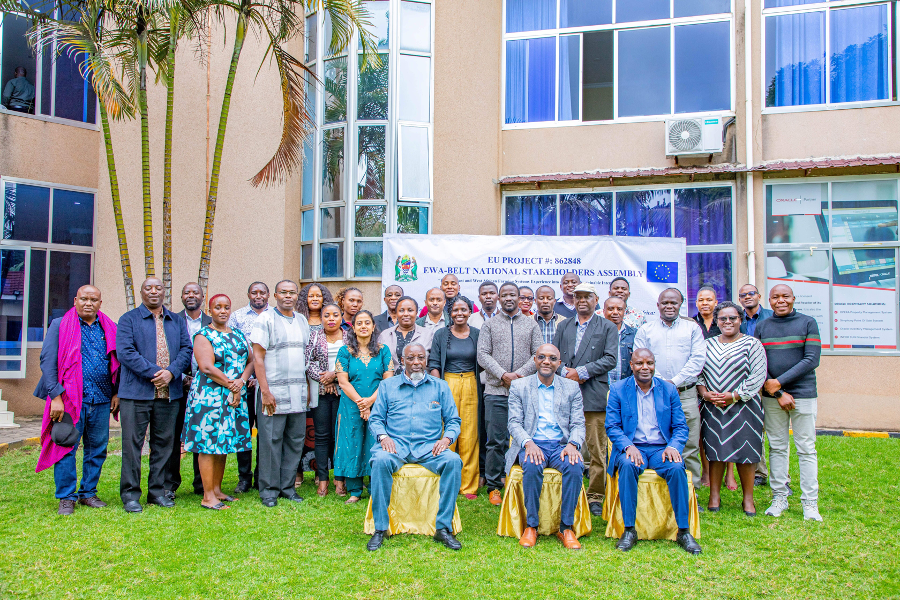EWA-BELT presented at the UNCTAD 26th Commission on Science and Technology for Development (CSTD) by OCCAM
- OCCAM - Observatory on Digital Communication

- Apr 7, 2023
- 2 min read
Updated: May 10, 2024
27th / 31st March, 2023 - Palais des Nations, United Nations Headquarters, Geneva

From March 27 to 30, OCCAM - the Observatory on Digital Communication, was invited to participate and speak at the UNCTAD 26th Commission on Science and Technology for Development, held at the United Nations Office in Geneva.
The United Nations Commission on Science and Technology for Development (CSTD) examines how the digital revolution is affecting development, and proposes new strategies for a sustainable future for all. The forum analyzes and frames critical issues influencing science and technology at multilateral and governmental levels. The 26th edition of the Commission addressed two crucial topics: technology and innovation for cleaner, more productive and competitive production, and ensuring access to clean water and sanitation for all: a solution through science, technology and innovation.
Architect Pierpaolo Saporito, President of OCCAM, had the opportunity to present the results and digital best practices achieved so far in the EU-H2020 EWA-BELT project, and to expand the network of interested parties. He first highlighted how the EWA-BELT project is an example of how technology and science could be applied to achieve sustainable intensification pathways in African farming systems. Attention was then turned to field experiments where the PLANTHEAD digital diagnostic platform and portable DNA extraction tools are being tested in 60 Farmer Field Reasearch Units (FFRUs) in Ethiopia, Kenya, Sierra Leone, Burkina Faso, Ghana and Tanzania, to promote sustainable e-agriculture by merging new technologies with traditional practices. Field experiments confirm that farmers using innovative remote diagnostics and portable DNA extraction tools applied to their local know-how see their production significantly improved and increased, particularly with regard to underutilized or neglected crop species (NUS). Thus, the use of these new technologies to complement local know-how can lead to significant agricultural surpluses and improved living conditions.
The main pillars of the EWA-BELT project were approved throughout the Commission's four days of work and debates, in line with the priority themes, encompassing competitive production and access to safe drinking water and sanitation. Eminent speakers and high-level experts expressed their interest in the EWA-BELT project. Following the session on the highlights of technical cooperation activities under the CSTD, OCCAM had the opportunity to present the EWA-BELT project to the representative of the African Union and discuss relevant aspects of the project as well as future opportunities for collaboration to extend the knowledge and results (to be achieved) to other African countries under the aegis of the African Union.
To learn more, visit www.occam.org/26-cstd
**
For media inquiries, please contact:
OCCAM - Observatory on Digital Communication





Comments